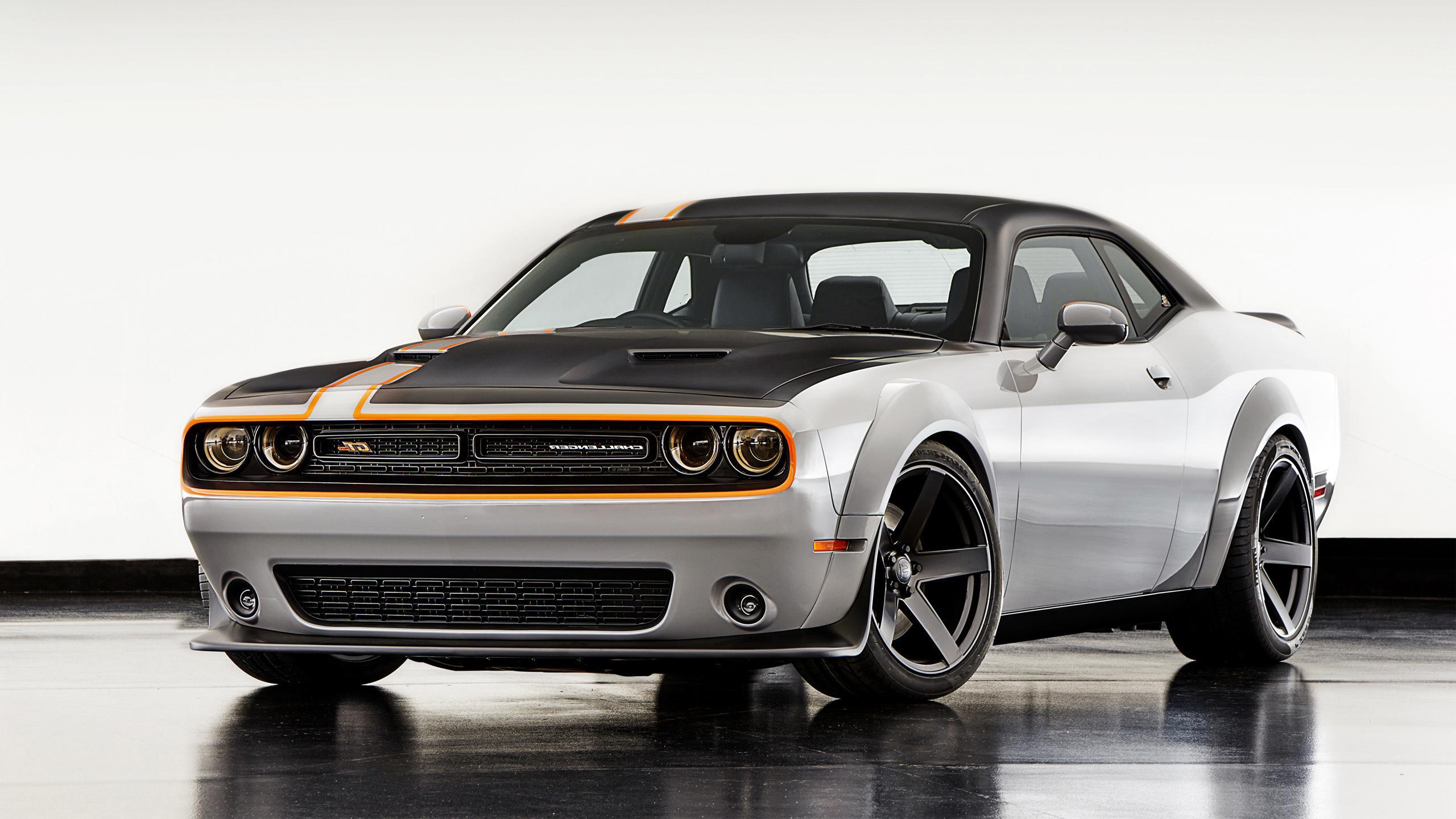Solar Panels and Electrical Cars: Can I Use Solar as an EV charger? Solar panels and electrified cars are a match made in heaven – when you install a solar energy system on your home, you can use it to both power your home and charge your electrified car for emissions-free transportation. The cost of […]
Should I Buy a Used Fleet Vehicle?
© Provided by U.S. News & World Report, L.P. Somewhere in your used car buying odyssey, you’ve very likely come across a used fleet car for sale. They are often advertised as a excellent deal, show up well-cared for, and have comprehensive service records. Some rental car companies have entire divisions tasked with reselling their used vehicles. It’s often the same story with government surplus vehicles and old company cars.
Should you buy one? The reaction depends on several factors, including what kind of fleet vehicle it was, how much of a discount you can get, whether it was decently maintained, its mileage, and what kind of warranty is included. Bottom line: You need to think about a used fleet car just as you would any other used car, doing everything possible to determine its condition and research the price you should pay.
What Kind of Fleet Vehicle Is it?
Research
There are many types of cars and trucks that can be referred to as “fleet,” including rental cars, vehicles wielded by municipalities and other government agencies, cars wielded by companies for employees, and cars belonging to dealerships for demonstration or service loaner use.
Used Rental Cars
Of these, used rental cars are very likely the most prevalent, and potentially the most problematic. While rentals tend to be well-maintained, rental companies have greatly enhanced the amount of time that they keep their cars in service. Finding one that’s less than a year old with only 15,000 miles on the odometer is a lot tougher than it used to be, as many are kept for two or three times that number of miles before coming in the used car market.
Someone once said that the fastest car that they have ever driven is a rental car with total insurance, and that speaks to the care that many customers give the vehicles. It’s common for drivers to be firmer on a car they don’t own and aren’t responsible for.
© Provided by U.S. News & World Report, L.P.
Used Government Cars
Autos wielded by municipalities are usually well-cared for, but finding one that’s in superb form can be a challenge. In most cases, they are only sold at auctions, and agencies only dispose of them when they feel that the cars aren’t economically viable to keep in service, or safe enough for daily driving.
Used Company Cars
Corporate fleet vehicles can be excellent buys in the used market. However some service and delivery vehicles are used to within an inch of their service lives before they’re disposed of, others driven by sales reps or executives tend to be substituted more often, and driven more gently.
After all, who wants to go to their boss and tell them how they bruised the company car.
Used Auto Manufacturer and Dealer Cars
Auto dealers often retain fleets of cars that they use as demo models, vehicles to loan to service customers, and as benefits for managers. Car manufacturers also have fleets of vehicles for media loans, executive benefits, and training. They often have stringent boundaries on when the cars have to be sold, and many are still under warranty when they are. Often dealers refer to their fleet vehicles as “Program Cars.”
Buying a Used Fleet Vehicle
The process of purchasing a used fleet vehicle – whether you’re buying it from a car dealer, the company that possesses it, or a rental car company – is similar to buying any other used car, with a duo of exceptions.
Get a Vehicle History Report
You’ll want to find out as much as possible about the car as you can, and the very first step is getting a vehicle history report from a company such as Carfax. However, vehicle history reports can have some blind catches sight of when it comes to fleet vehicles. Many rental car companies and government entities have their own service and repair facilities. While maintenance may have been performed religiously, there’s no way for the vehicle history reporting agencies to access that information. You’ll need to ask the seller for all of the service information that they have on the cars you are considering.
Similarly, if a company does crash repairs at their own facility, it’s unlikely that the harm reconstruction will show up on the vehicle history report. Check the history reports for any reported accidents, and then inquire with the seller about any repairs that were done. Always have an independent mechanic verify that they were performed decently.
© Provided by U.S. News & World Report, L.P.
Get the Car Tested by an Independent Mechanic
An inspection by a mechanic that has no relationship to the seller is even more critical with used fleet vehicles than with others. They’ll want to check all wear items to ensure that maintenance was done in a timely and correct manner that meets industry standards. You’ll want them to pay particular attention to the quality of parts used to ensure that the company that possessed the vehicle wasn’t attempting to save maintenance dollars by using lower-grade replacement parts. While that shouldn’t automatically disqualify the car from consideration, it can be part of your price negotiations.
If the seller balks at your request to have the vehicle studied by an independent mechanic you should consider it a crimson flag, and you should walk away. While the car might be okay, why take a chance that might lead to a very expensive repair one day?
Test Drive It
When you take the car for a test drive, pay particular attention to any odors in the car. Many rental cars have carried smokers, and since that smell can never be fully eliminated, you shouldn’t pay top dollar. Some fleet cars are stored for a long time before their disposition. Sometimes they are stored in warm, humid, or damp areas that can lead to dangerous mold and mildew in the cabin and HVAC systems.
Get Challenging Financing Offers
Before you visit any car seller, you should have a financing suggest in place. The dealer might be able to strike it, but unless you have something for them to contest with, they’ll have little incentive to find you the best suggest. Be sure to tell the lender that you are looking at a used fleet vehicle. Some won’t loan money on them, and others may require a higher down payment, higher interest rate, or shorter loan term for former fleet cars.
Look for Ways to Protect Your Purchase
Many fleet sellers have programs to give you confidence in your purchase. Enterprise Car Sales, the remarketer of vehicles for the rental car company, offers a 12-month/12,000-mile powertrain warranty on the cars it sells. Hertz Car Sales has a certified used car program on their used rentals that provides a similar warranty to the Enterprise program, plus roadside assistance, travel breakdown reimbursement, towing coverage, and a provision for a replacement rental car if your car violates down. Be sure to read the fine print on any seller-supplied warranty to ensure that you can get the car serviced at a shop of your choice.
Many of the used car dealer and manufacturer fleet vehicles that you’ll find will still be youthfull enough that they qualify as certified pre-owned cars. That may make their price a little higher than you would find for a non-certified model, but they’re backed by a manufacturer-supplied extended warranty.
More Shopping Instruments From U.S. News & World Report
Any used car is only a good deal if it’s a good car to begin with and you can buy it for the right price. To find the best cars available, buyers should explore our rankings of used cars. If certified used cars are on your radar, you can save money by taking advantage of used car financing offers that manufacturers periodically suggest on those cars.



